As we try to slowly adapt to a “new normal” following the first wave of the COVID-19 pandemic, there has been a significant rise in health and nutrition-related complaints by people, specifically about feelings of not being full and being constantly hungry. Turns out that there is a scientific explanation for this constant state of hunger most of us are experiencing. Medical experts say this seemingly neverending cycle of wanting to eat all the time is due to the bane of all evils: stress.
The sudden and fundamental changes we have witnessed in our lives and daily routines over the past few months have caused a natural reaction in our bodies which happens when we come face to face with any stressor. When our bodies encounter a threat, the stress hormone adrenaline and cortisol are released into our blood, which causes a temporary spike in blood pressure. Under normal circumstances when the stressor disappears, our bodies revert to normal and so does our blood pressure.
However, in chronic stress, such as long-term illness, work pressure or the current situation we are in, our bodies cannot return to its healthy resting state because it is constantly exposed to stressors, which means that the body keeps pumping out cortisol. In cases of high levels of sudden stress, appetite is normally suppressed; however, less intense and longer-term stress can affect eating behavior in different ways.
While many people do report eating more than usual while stressed (also called “hedonic hunger”), the Sabri Ülker Food Research Foundation (SUGAV) says that estimates show that 30% of the population eats less than normal. Regardless, the key to coping with stress lies in supporting the immune system and lowering blood pressure, which can be achieved by following a healthy diet, in addition to complementary steps like physical exercise, SUGAV says.
On that note, here are six terrific foods proven to be stress relievers:
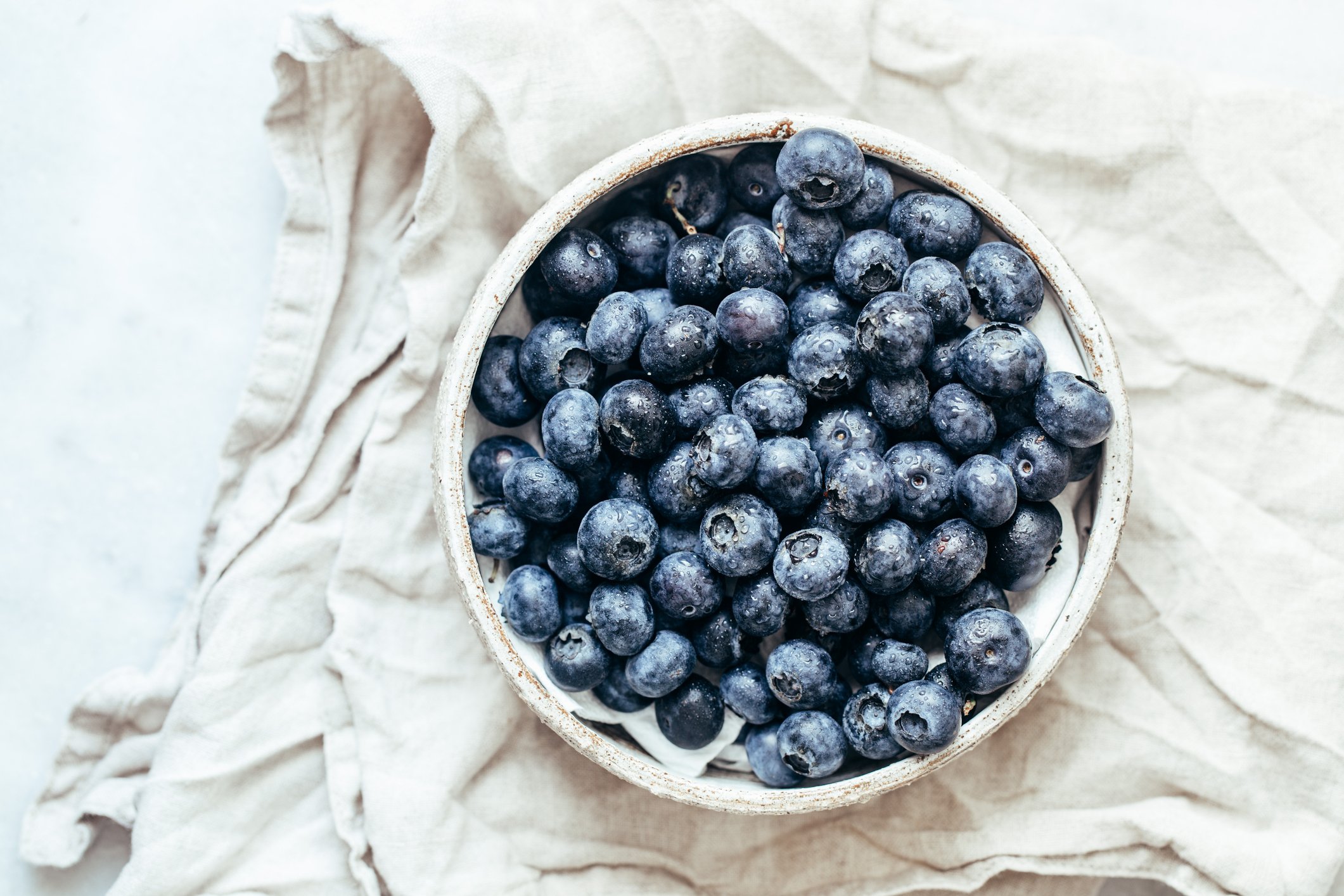
Blueberries
These blue/purple spherical fruits increase the body’s ability to cope with stress by reducing the harmful effects of stress hormones thanks to its rich vitamin C content. In fact, both emotional, as well as physical stress, can affect a person’s vitamin C levels. This is important because vitamin C helps bolster the body’s resistance to fight against infections and diseases. As vitamin C is water-soluble and needs to be replenished daily, the stress hormone cortisol can also quickly deplete it. This, in turn, can lead to some fundamental changes in the hormonal system and can cause even more stress.
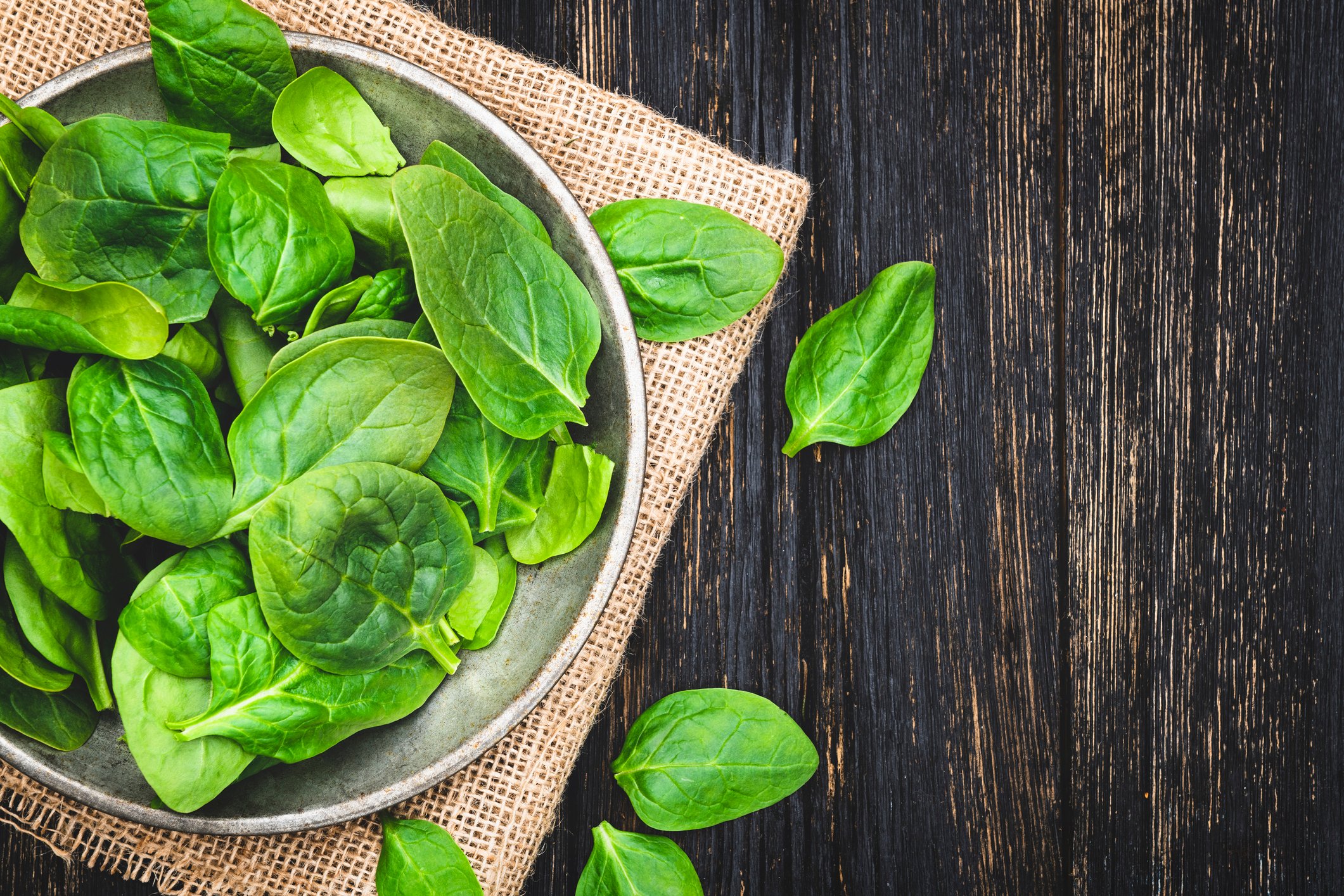
Spinach
This dark leafy green, with its high magnesium content, helps relieve headaches and fatigue, compounding the physical effects of stress on the body. Like other leafy green vegetables, spinach is also rich in folate, a mineral that aids the body in regulating the mood. By including more salads and vegetable dishes in your diet and consuming a cup of spinach (around 225 grams), you, too, can benefit from their natural stress-fighting powers.
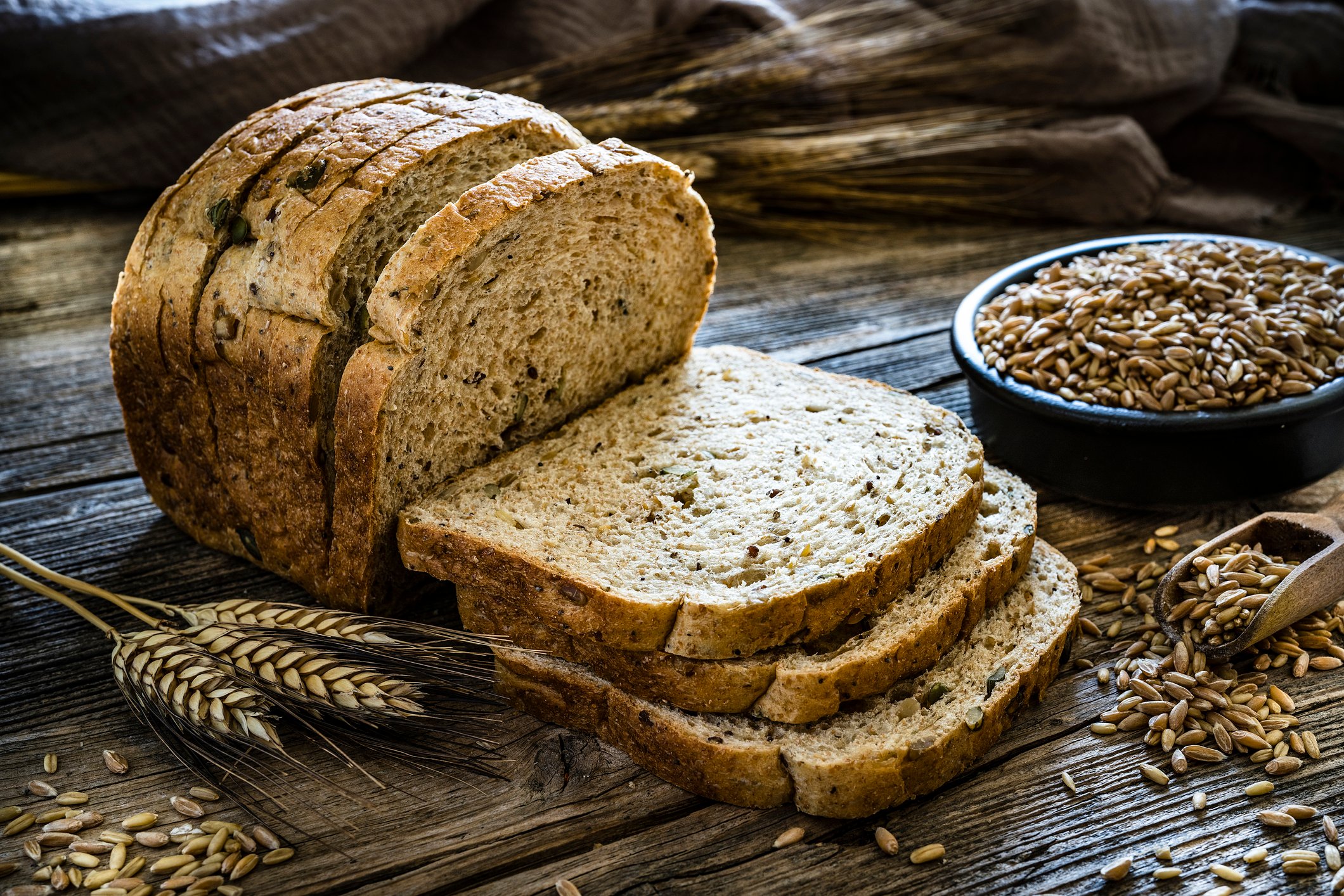
Complex carbohydrates
Yes, carbs are not as bad as everyone makes them out to be. As long as they are complex and consumed in moderation, their benefits outweigh their drawbacks. Complex carbohydrates balance blood pressure by increasing serotonin levels in the brain. Serotonin is a feel-good hormone that regulates mood, sleep, anxiety and happiness and has a calming effect. Whole grain bread, whole grain pasta or oatmeal are good sources of complex carbohydrates.
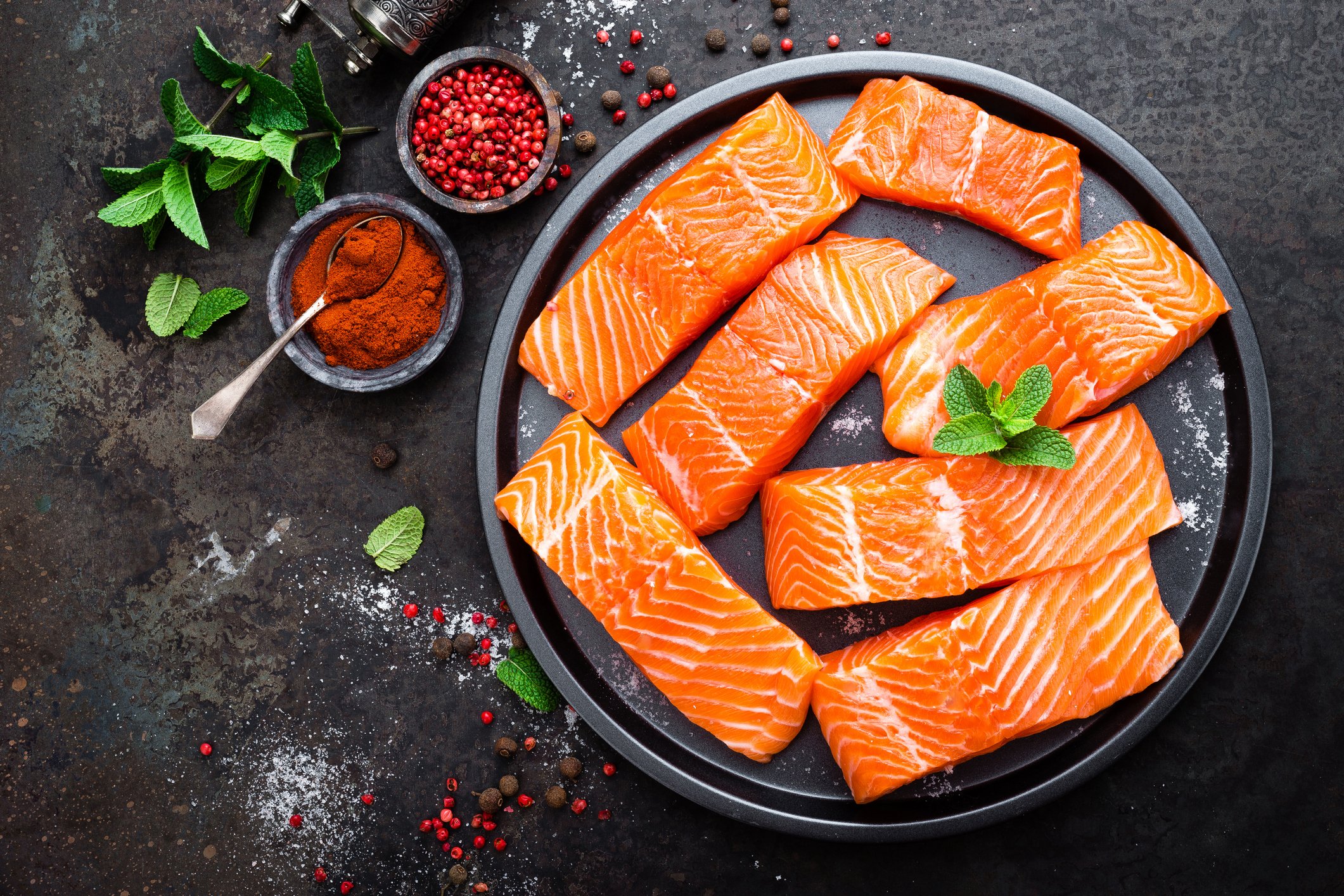
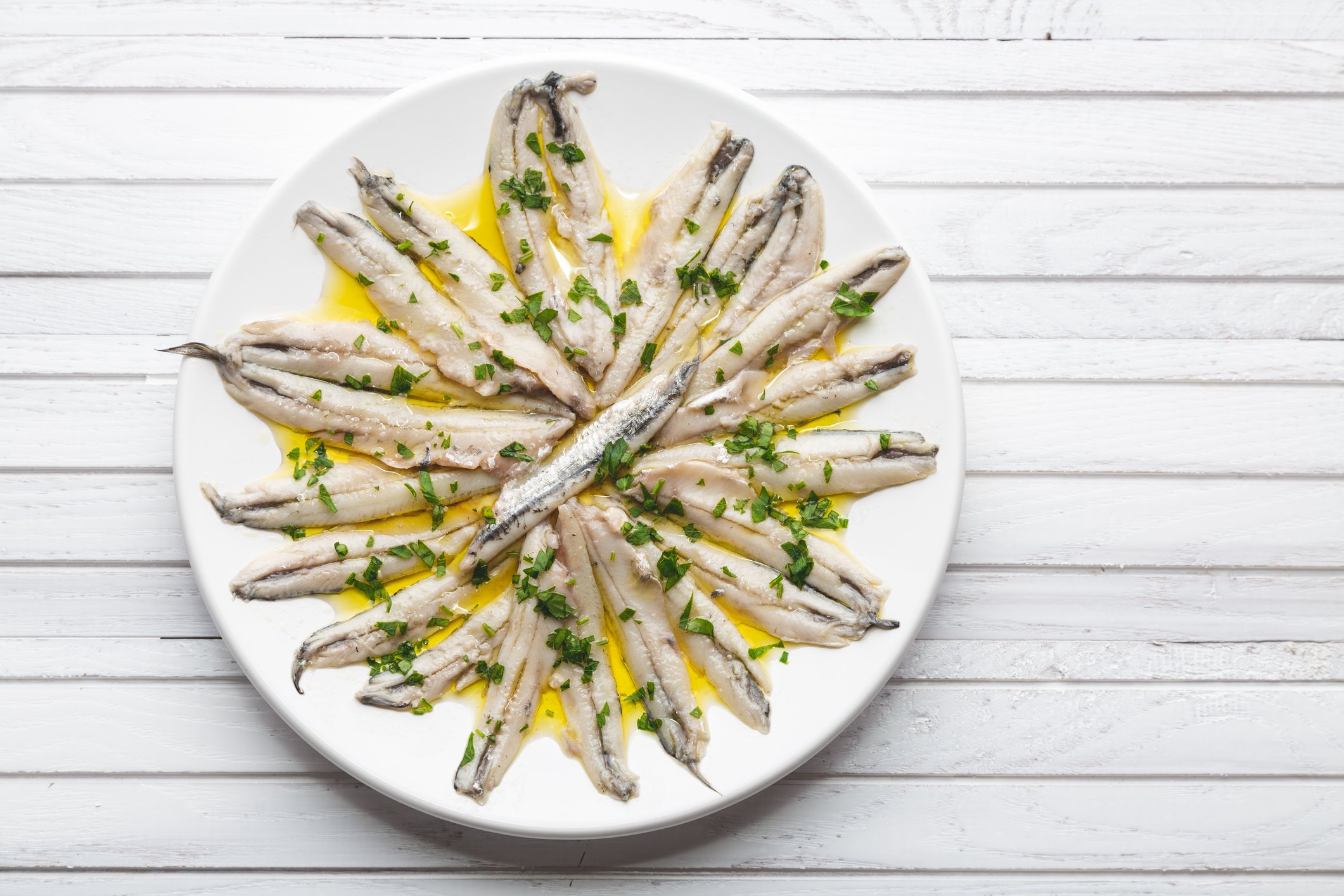
Omega 3 sources
Essential for a number of functions in the body, Omega-3 fatty acids are key in helping the brain form healthy nerve cells. Studies have also found that Omega-3s can reduce anxiety and inflammation in the body. When the body is under stress, proteins called cytokines, which regulate the immune system’s response to disease and infection, are released into the bloodstream. The ones released have a pro-inflammatory character which overtime hampers the body’s ability to fight off pathogens. Some of the best Omega-3 rich foods are oily fish such as salmon, horse mackerel and anchovies and walnuts or flaxseeds for vegetarians.

Eggs
Despite getting a bad rap over the years for causing cholesterol levels to rise (a myth now debunked), eggs are an excellent source of protein, as well as vitamin B types and tryptophan, an important amino acid that supports stress management. Tryptophan helps elevate the mood and promotes better sleep while B vitamins reduce symptoms of depression and anxiety and relieve stress. The easiest way to benefit from eggs is to consume them at breakfast, which has the added benefit of keeping you fuller for longer.
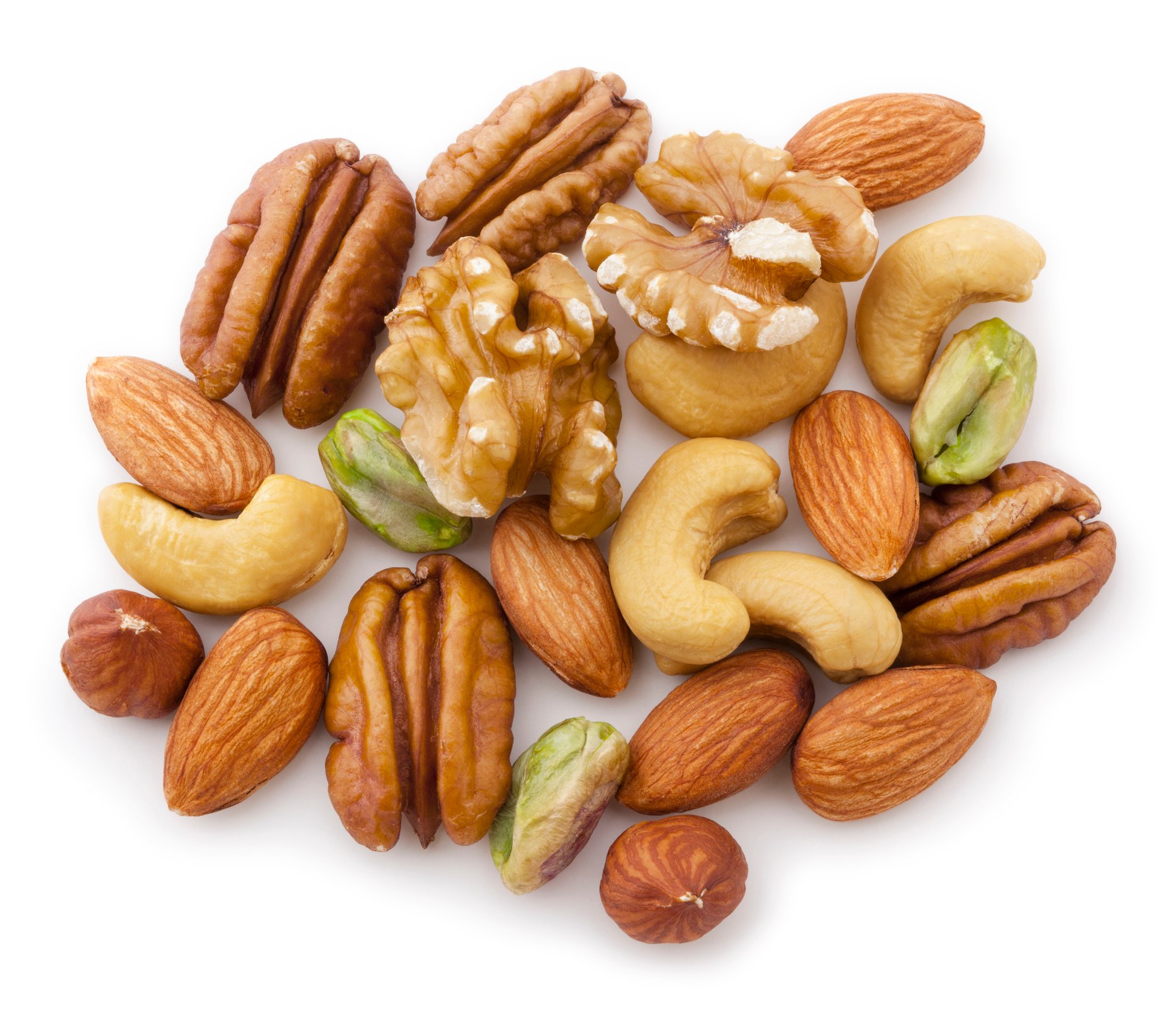
Nuts and oilseeds
Consuming a handful of pistachios (such as Gaziantep’s famed pistachios or its larger variety from nearby Siirt), hazelnuts, walnuts and almonds every day can help lower cholesterol levels, reduce your risk of diabetes as well as protect against the effects of stress. Full of magnesium, tryptophan, vitamin B6 and antioxidants, nuts and seeds help keep blood vessels open and relaxed during highly-stressful situations and help the body secrete serotonin. However, as they are high in energy and fats, you should strive to consume no more than 40 grams daily, though it may vary according to each individual.

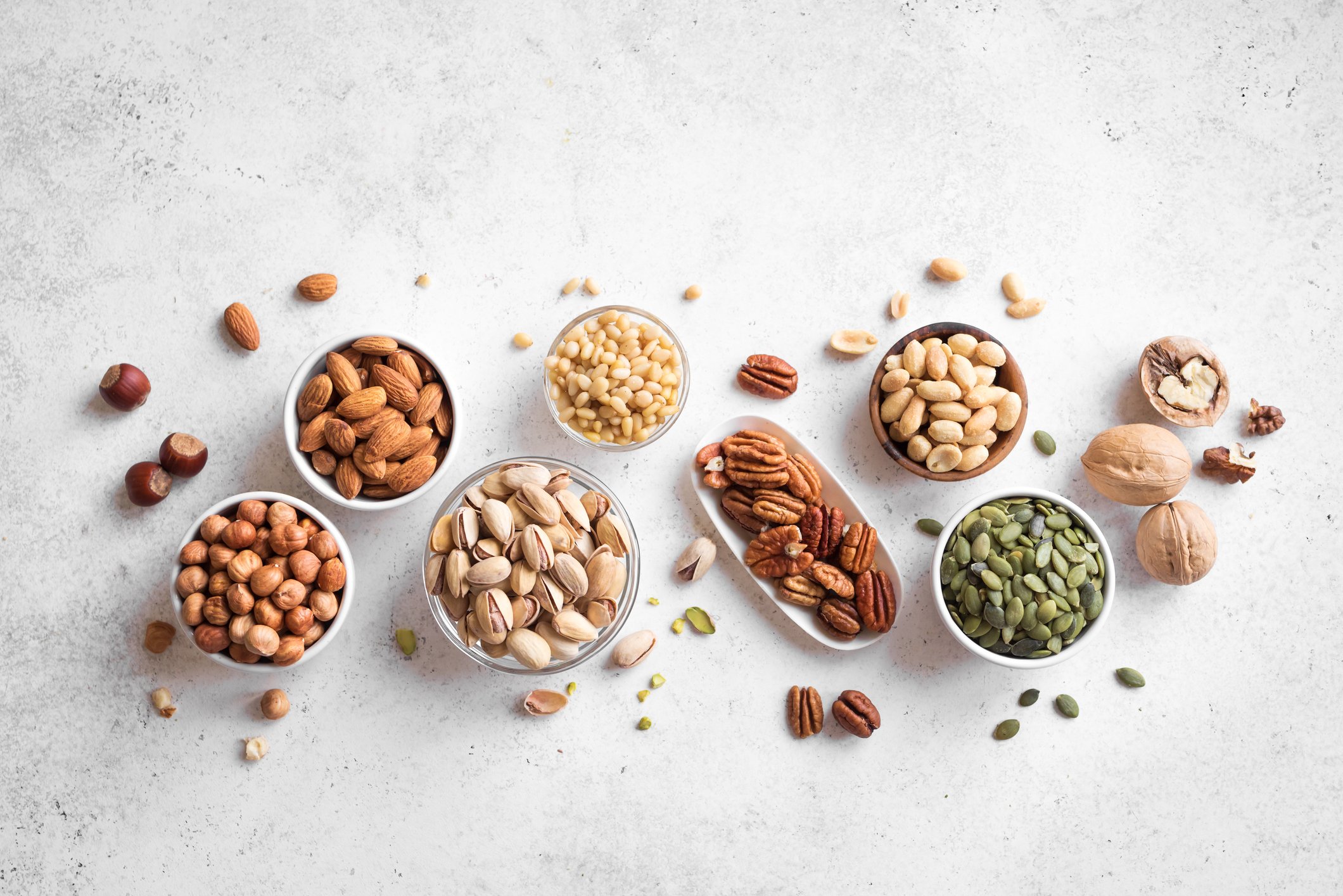








Discussion about this post